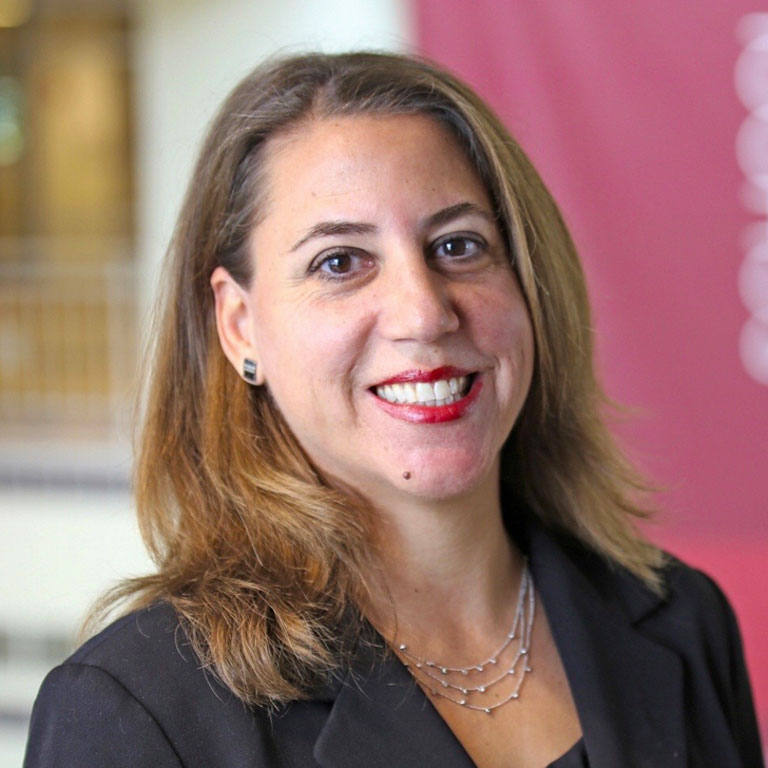Over the next four years, a new project will provide real-time support to undergraduate STEM students and instructors by using natural language processing to analyze student explanations of STEM phenomena. Gamze Ozogul, Associate Professor in Instructional Systems Technology, is the principal investigator of the project, which received $400,000 from the National Science Foundation.
Ozogul said the project will advance understanding of how to improve undergraduate STEM education by providing real-time formative feedback to each individual student and real-time summaries to instructors so they can quickly adapt their instruction to the current needs of their students. Using a tool called ExplainIt, the project aims to increase engagement in large explanation-rich classrooms and will provide formative feedback directly to students and instructors. ExplainIt will make real-time formative feedback available and accessible to all students, as feedback has been recognized as an effective tool for student learning.


